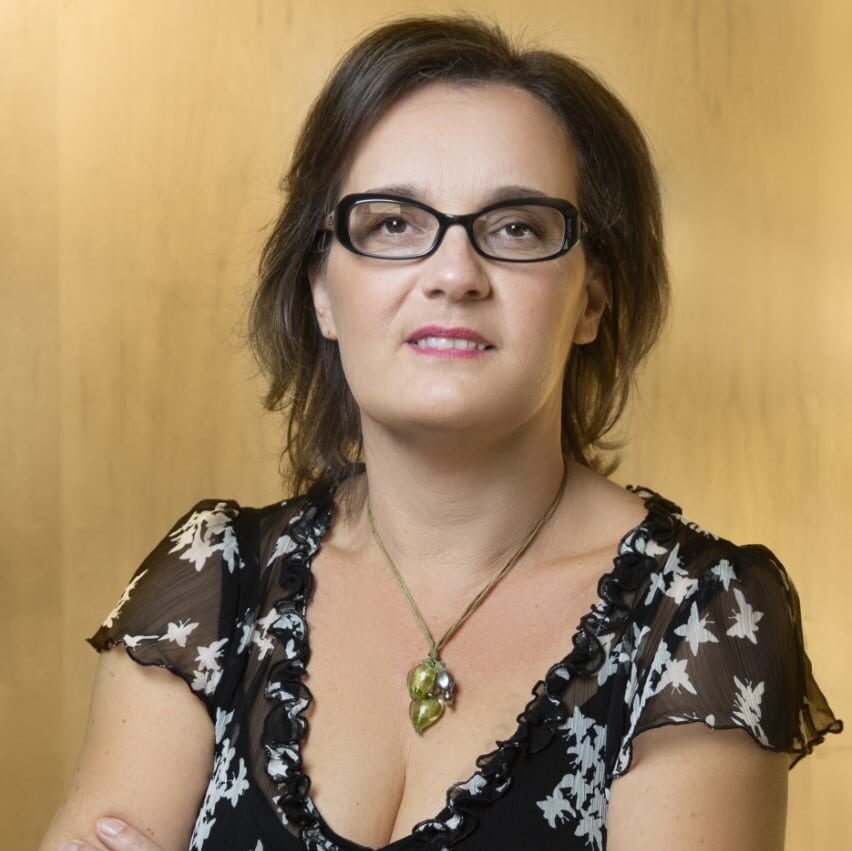The bicommunal technical committee on economic and commercial matters is examining ways to withdraw damaged euro notes that have accumulated in the north through the Central Bank, Greek Cypriot co-chairman Manthos Mavrommatis said on Sunday.
He told the Cyprus News Agency that significant quantities of such notes have built up and they are looking for a legal, easy and practical way to withdraw them.
He also said the committee is looking at involving Greek Cypriot and Turkish Cypriot companies in the planned solar park in the buffer zone that is being promoted by the European Commission, as well as the recycling of waste electrical appliances from the occupied areas.
Additionally, it aims to contribute “to the development of trade across the Green Line and the potential business synergies that may result from it, as well as any other measures that bring the two business communities closer together,” he said.
Trade across the Green Line is regulated by the Green Line Regulation, adopted in 2004 and which defines the legal framework on the crossing of goods, people and services.
But he said the biggest challenge before the committee is “an attempt for the Central Bank of Cyprus to exchange the damaged euro notes held in the Turkish Cypriot community”.
“I want to be optimistic that in the near future we will have positive developments” on the subject, he said.
Regarding the issue of waste electrical and electronic equipment in the north, Mavromatis said in the past the committee had proposed for their transportation and processing in recycling plants in the Republic.There is no such system in place in the Turkish Cypriot community.
“We consider this to be something to the benefit of both communities, which also contributes to the preservation of the environment from any bad effects due to the abandoned equipment in various places and especially along the Green Line,” he said.
Regarding the Green Line Regulation, he said “there are various initiatives underway by the special office set up by the European Commission in Cyprus to assist both in matters of payments through bank transfers, so that Green Line trade does not have to be done in cash, which is essentially what is done today, as well as in the digitisation of the relevant accompanying documents required”.
On issues regarding banking, he said that while Turkish Cypriots as individuals are allowed to open accounts in Greek Cypriot banks, “we want to look at how this can be extended to companies so that the Green Line trade can be benefited”.
He noted, however, that these are “difficult issues” as the banks are commercial operators.
Finally, Mavrommatis said there is currently a pilot exchange programme for internships for young students in companies in the other community. “Our aim is to expand this programme.”






Click here to change your cookie preferences